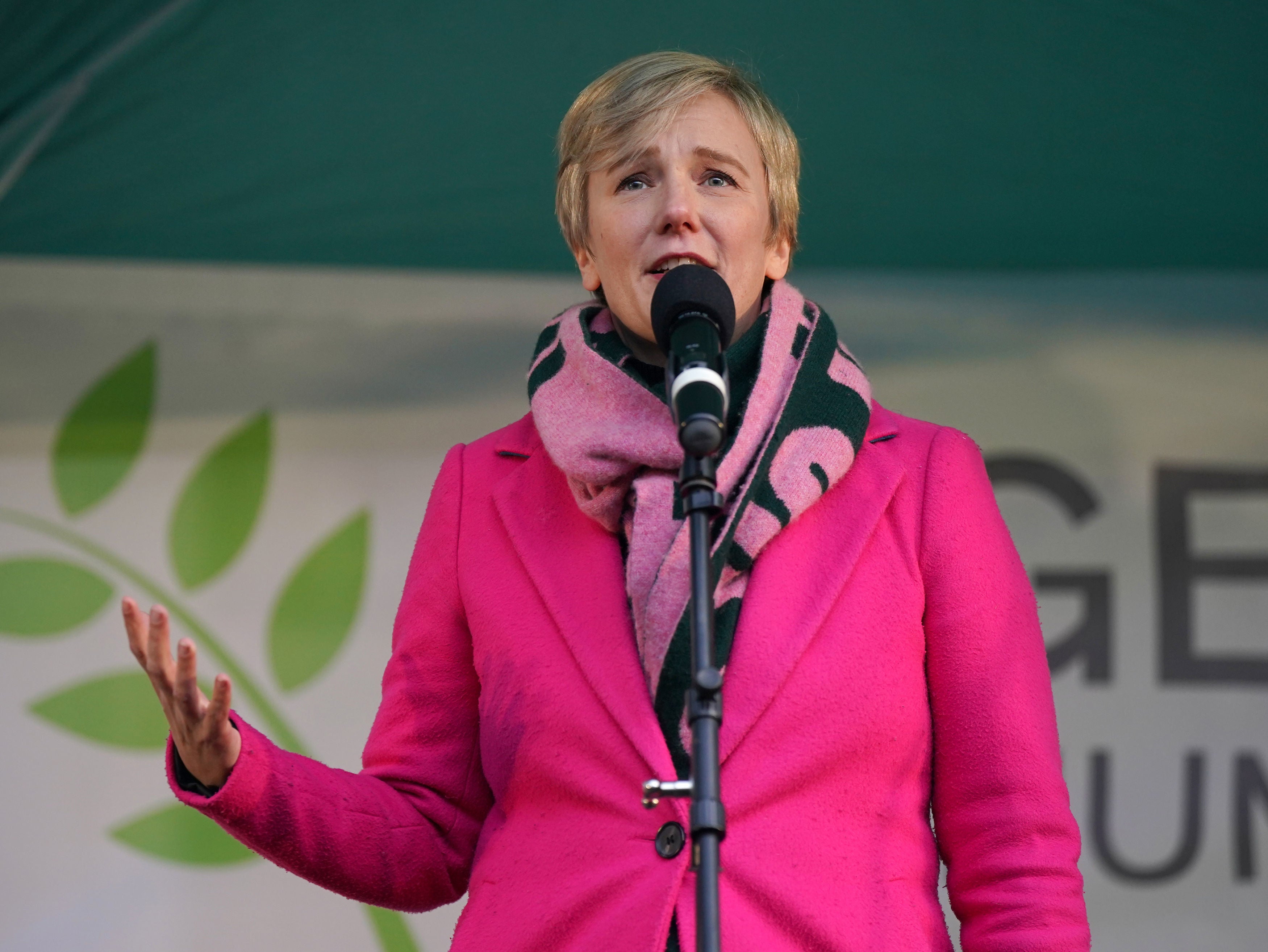Stella Creasy: Yes, the ‘motherhood penalty’ really does exist, so deal with it…
All I said was I wanted to make it easier to be both a present parent and a fully committed work colleague, says MP Stella Creasy. And Twitter went into meltdown…


There are many issues on which everyone has an opinion – weather, Christmas decorations, pineapple on pizza – but few as vitriolic as motherhood.
Commentators both on Twitter/X and outside it have been aghast at my cheek of wanting it to be easier to combine being a present parent with also being a committed colleague. Debate about whether there’s a “motherhood penalty” isn’t just end-of-year silliness – it is a backlash in the fight for equality we ignore at our peril.
Being a parent brings both joy and frustration – you can adore your children and bore others with your fascination with them, while also resenting how society now sees you as less capable for having them and want to do something about that for the benefit of all concerned.
The motherhood penalty is so well established that parliament has reported it, the IFS catalogued it and Claudia Goldin even won a Nobel prize for research into it.
Discrimination is systematic and exhibited not just in the gender pay gap – which mainly affects carers – but also in leadership roles and social expectations about the capacity and competency of women whether they have children or not. Those frothing with outrage at the term will presumably also be horrified by the fatherhood premium too, where dads are seen as better employees because they are considered more committed to a job and stable.
Mums are humiliated into a regal approach – don’t complain, don’t explain. Being discriminated against in your job, sacked for being pregnant, considered indifferent to your career and ultimately landed with a huge bill for childcare are not medals to be worn but society’s failings to address.
Perish the thought both parents might have jobs they equally enjoy whilst also wanting to be present for their kids. In many male-dominated industries, women who challenge these norms of presenteeism often find their partners criticised – as if the reason it’s difficult must be because they are not supportive, rather than outdated obligations.
Yet making it hard for any parent to be present isn’t just bad for their relationship with their child or for staff retention, it’s bad for the next generation of employees too.
This isn’t accidental. Motherhood is an easy target in the culture wars. Extreme rightwing MPs have already declared their intention to “empower women to stay at home”, opposing funding for childcare as an attack on family values.
Flexible working – critical for tackling the productivity challenges that have long dragged our economy – has been recast as slacking off, as part of the hostile response against working from home. Research by Hope not Hate shows that feminism is being promoted as a danger to society and a gateway to far-right activism. Ironically, those who claim to defend women’s sex-based rights have argued it is victimhood rather than valuable to try to change the skewed dynamics of parenthood.
In recent days people have argued Jacob Rees-Mogg is a “better” politician and parent than me because he employs a nanny – yes, the Rees-Mogg being someone who boasts about never changing a nappy.
That wanting to make motherhood easier insults all those not able to have children – as someone who struggled with multiple miscarriages a particularly personally hurtful charge – and talking about the motherhood penalty encourages women to be sterilised.
Yet whatever madness is written, the inconvenient facts remain – millions of mums are working two or three jobs to make ends meet, as a work-life balance is only available to the wealthiest. Fawcett research highlights black and minoritised mothers are hit hardest by pay penalties – and it’s not just mums who lose out.
Many dads regret not being there for their kids because they needed to be “seen” at their workplace. Single parents especially find themselves between a rock and a hard place with little support and double the pressure they shouldn’t complain, let alone want an actual career.
Wanting every family to have the choice about how to organise their lives isn’t a middle-class privilege – it’s a necessity in a modern economy and society. This isn’t about “having it all”, because women with or without kids aren’t the problem – the problem is a toxic culture which uses the shame of being called a bad mother to put women back in their box.
The risk now is this being operationalised for apparent electoral gain – which is why rather than ignoring those promoting the idea women shouldn’t want change, we need to use our voices and our votes in the coming election to stop this backlash from becoming “common sense”.
Taking the lid off the motherhood penalty has unleashed the forces of conservatism – if we want equality, we shouldn’t keep mum.
Stella Creasy is a British Labour and Co-operative Party politician who has been MP for Walthamstow since 2010. Visit www.thisMumVotes.org.uk
Join our commenting forum
Join thought-provoking conversations, follow other Independent readers and see their replies
Comments
Bookmark popover
Removed from bookmarks